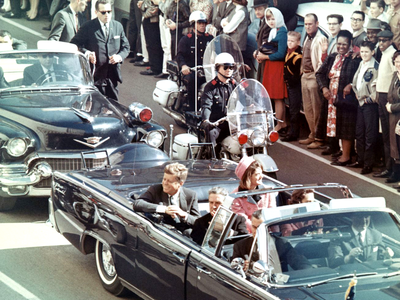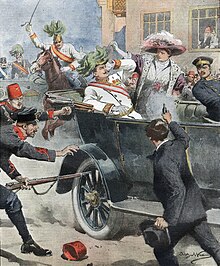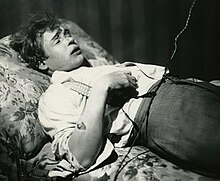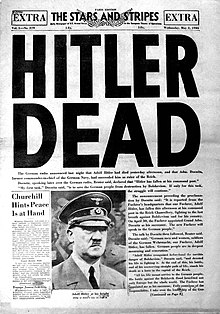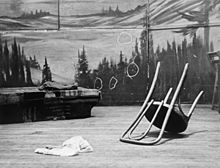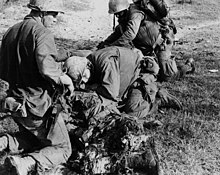The following is a list of last words uttered by notable individuals during the 20th century (1901-2000). A typical entry will report information in the following order:
Contents
- 1901–1909
- 1910–1919
- 1920–1929
- 1930–1939
- 1940–1949
- 1950–1959
- 1960–1969
- 1970–1979
- 1980–1989
- 1990–2000
- Notes
- References
- External links
- Last word(s), name and short description, date of death, circumstances around their death (if applicable), and a reference.
